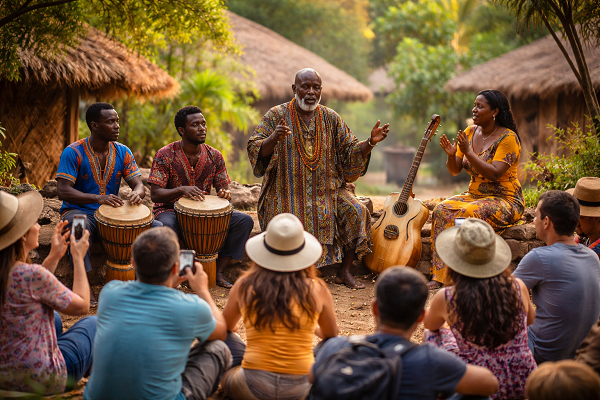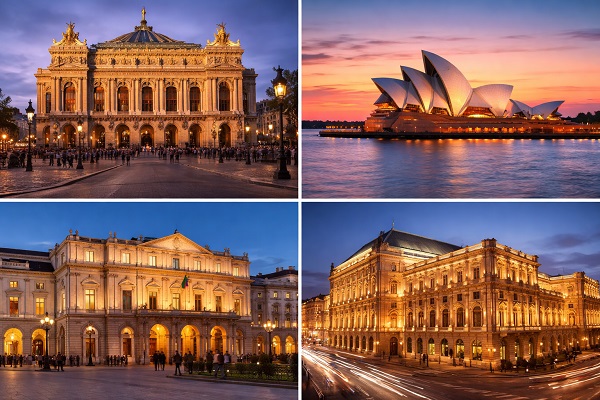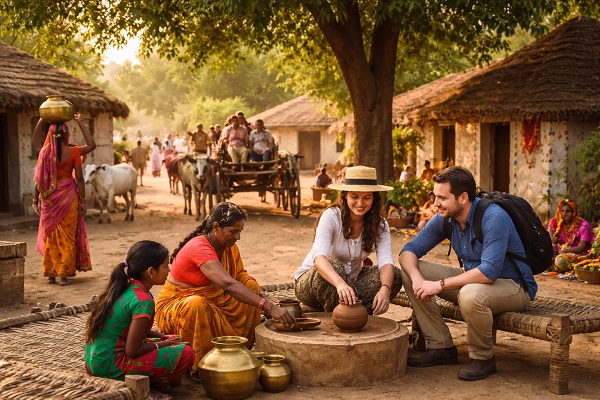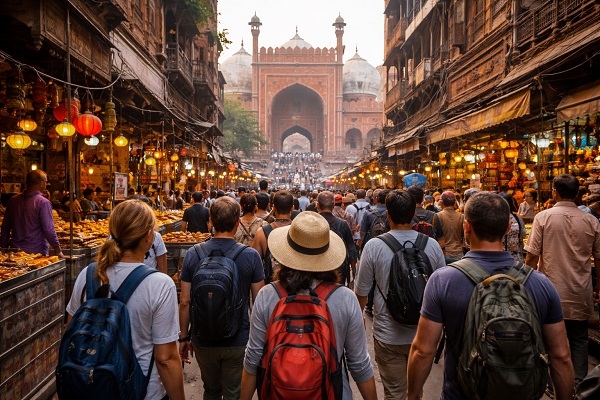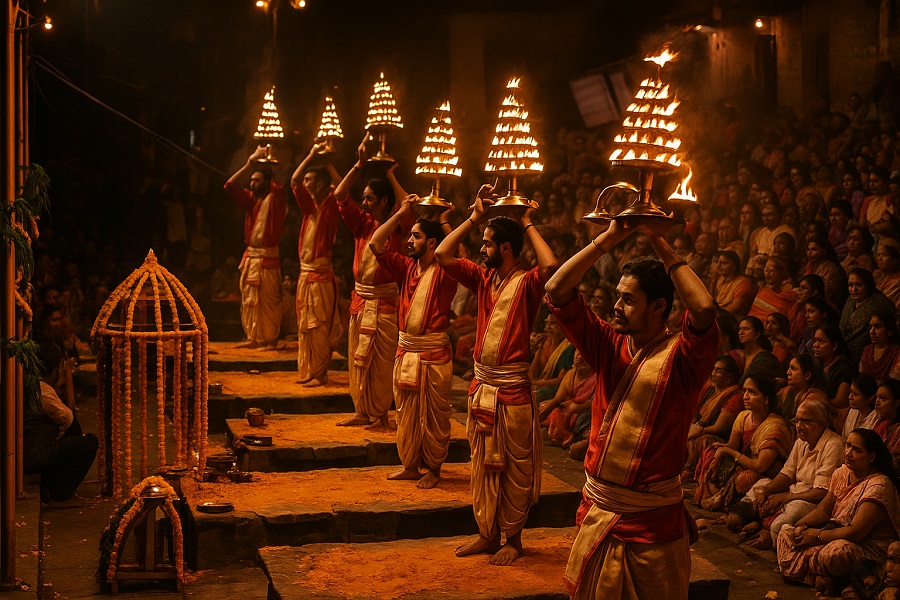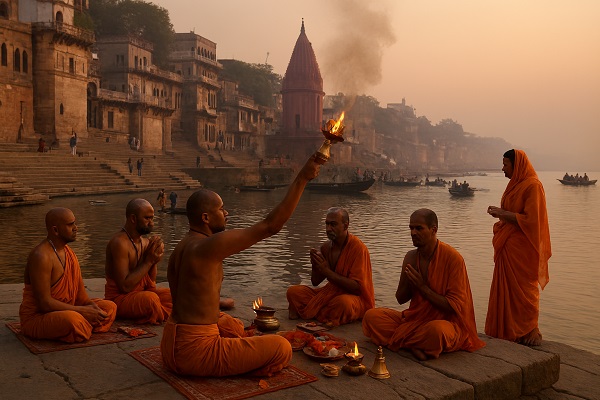Cultural Tourism Booms as Travelers Seek Authentic Experiences

What is Cultural Tourism?
Cultural tourism involves travel to experience the arts, heritage, rituals, architecture, and lifestyles of different communities. From attending a folk music festival in Rajasthan to exploring the temples of Kyoto, cultural tourism invites travelers to step into the soul of a destination.
Why the Surge in Cultural Travel?
Search for Authenticity
In an age of over-commercialized travel, people are gravitating toward genuine cultural experiences that reflect the identity and legacy of a place.
Learning Through Travel
Many tourists now see travel as a form of education — cooking with locals, learning traditional crafts, or participating in regional festivals.
Digital Nomadism & Slow Travel
With flexible work options, many travelers are choosing longer stays, which give them time to engage deeply with local traditions and communities.
Government Initiatives
Countries are actively promoting cultural tourism through campaigns, UNESCO heritage branding, and preservation of historical landmarks and crafts.
Top Cultural Tourism Destinations (2025 Trend Watch)
Varanasi, India – Spiritual heart of Hindu culture with ancient ghats and rituals
Marrakech, Morocco – Vibrant souks, mosaic art, and Berber heritage
Kyoto, Japan – Traditional tea ceremonies, geisha culture, and temples
Cusco, Peru – Gateway to Incan history and Andean festivals
Istanbul, Turkey – A blend of Byzantine, Ottoman, and modern culture
Experiences Driving Cultural Tourism
Local Cuisine & Culinary Trails
From pasta-making in Italy to street food walks in Bangkok, food tells a cultural story.
Festivals & Rituals
Events like Carnival in Brazil, Pushkar Fair in India, and Day of the Dead in Mexico draw thousands of culturally curious travelers.
Art & Handicraft Workshops
Pottery, weaving, embroidery, and dance classes offer hands-on cultural immersion.
Architecture & Heritage Tours
Exploring ancient ruins, palaces, and religious sites gives travelers a sense of historical continuity.
The Economic & Social Impact
Cultural tourism supports local artisans, performers, historians, and guides, offering them a global stage and sustainable income. It also contributes to cultural preservation, as communities revive and maintain traditions to share with the world.
Challenges & Opportunities
Over-tourism in heritage sites can lead to cultural dilution if not managed properly.
There's growing demand for responsible cultural tourism — where visitors respect local customs and contribute positively.

















